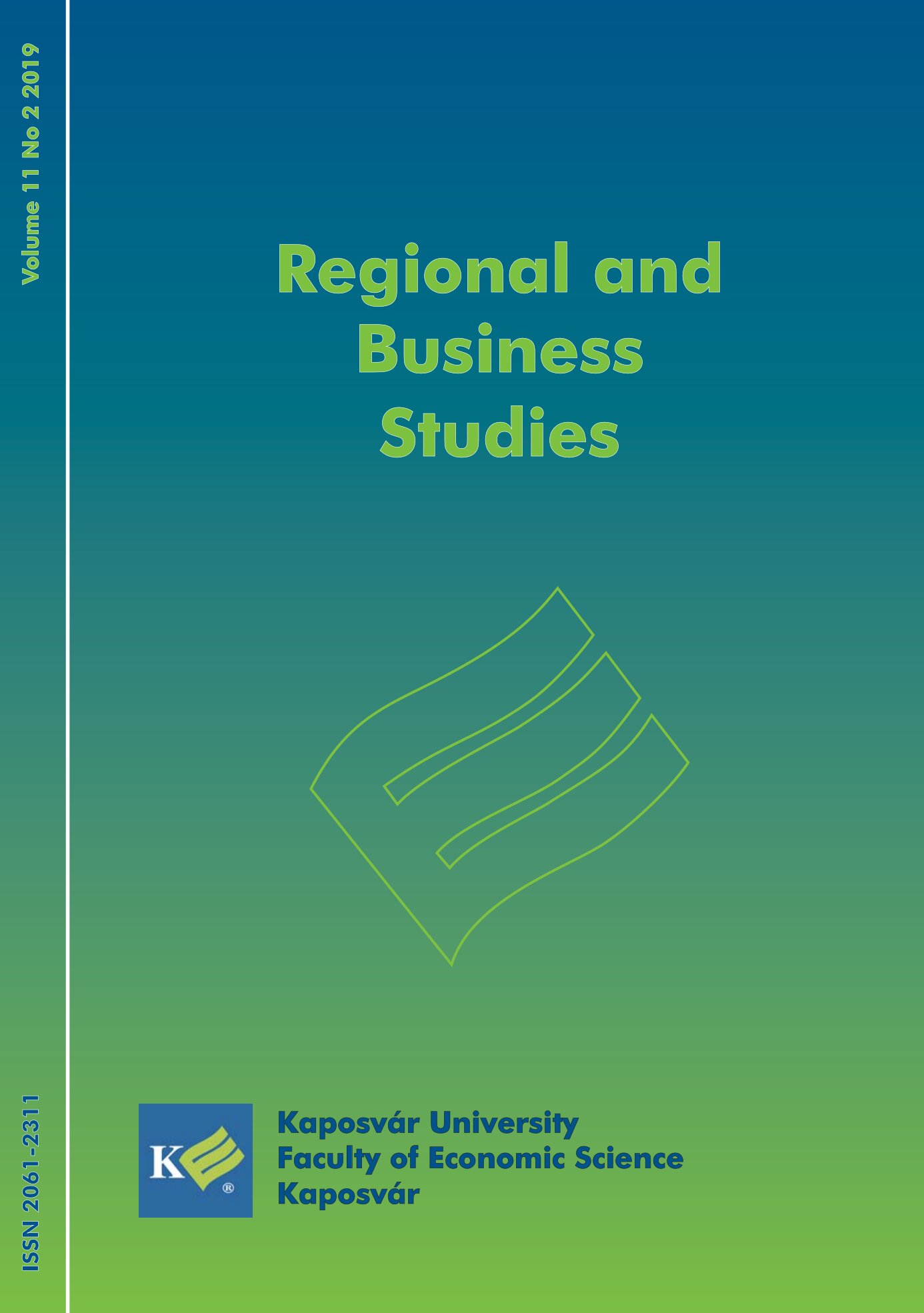Kate Raworth - Doughnut Economics: Seven Ways to Think Like a 21st Century Economist (2017)
DOI:
https://doi.org/10.33568/rbs.2409Keywords:
New Economics, sustainable development, economic model, ecological economicsAbstract
What if we started economics not with established theories, but with humanity´s long-term goals and how to achieve them? This is the question, Kate Raworth asks in her book „Doughnut Economics”. She criticizes that our economical acts and decisions are based on the economic theories of the 1960s, which are mainly focused on a continuous and infinite growth. She suggests an update to the 21st century economy, which accounts not just for our well- being and prosperity, but for that of our planet as well. To make the missing factors in classic economies visible, she developed a „Doughnut Model”, which includes twelve aspects of our social foundation, as well as nine planetary boundaries and explains that the ideal space of our economy is between these two elements. Her work is a wake-up call to transform our capitalist worldview, which is targeting to growth, into a more balanced, sustainable perspective that allows both humans and the planet to thrive.





